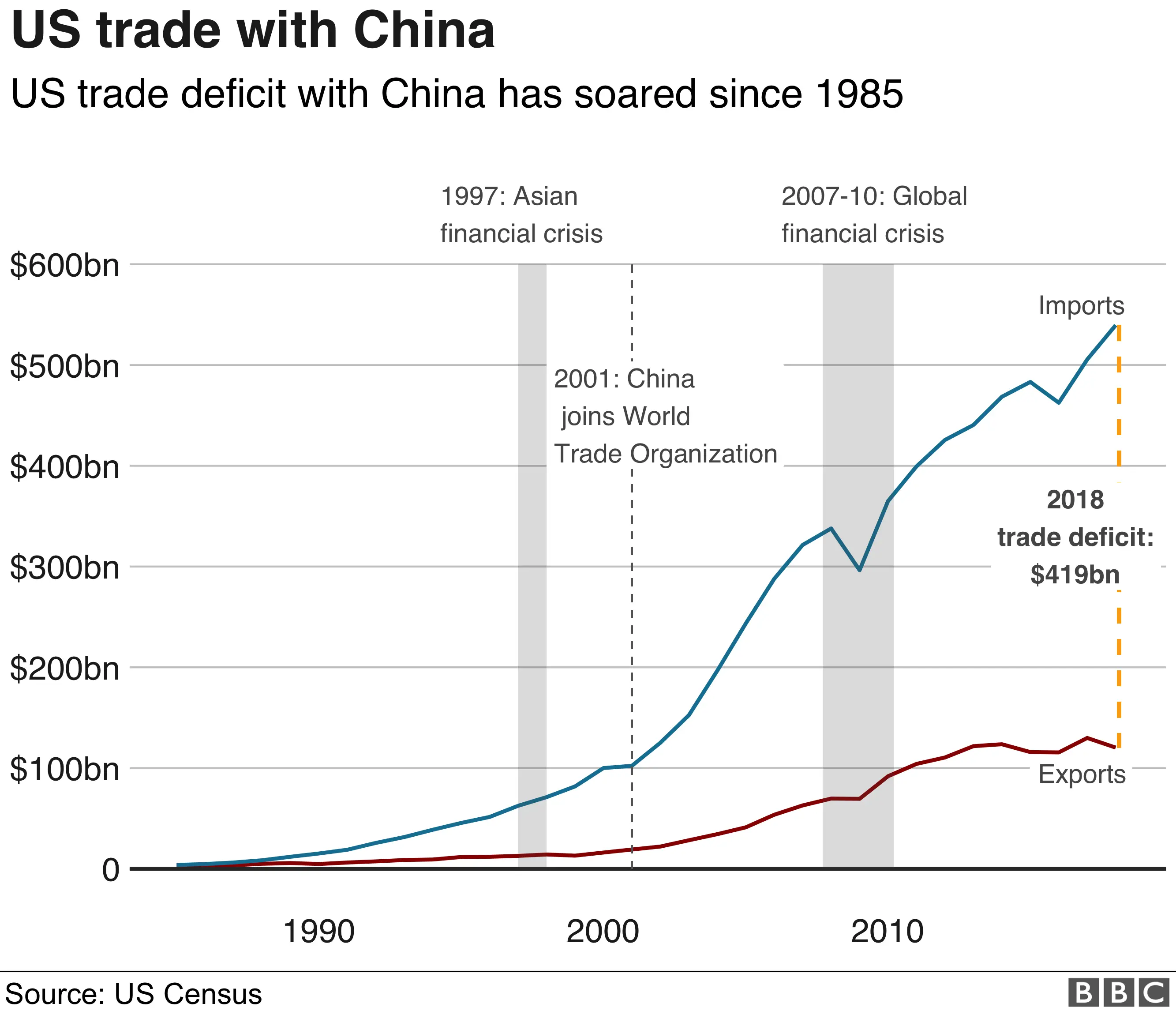Mobile Marketing: The Future Of E-Commerce?

Table of Contents
The Rise of Mobile Commerce (m-commerce)
The explosive growth of mobile shopping is undeniable. M-commerce trends show a dramatic shift in consumer behavior, with more and more purchases being made directly from smartphones and tablets. Statistics consistently highlight this upward trajectory: eMarketer predicts [insert relevant statistic on m-commerce growth here, cite source], demonstrating the undeniable power of mobile commerce. This surge is driven by several factors:
- Increased smartphone penetration globally: The widespread adoption of smartphones worldwide provides unprecedented access to online shopping for billions of consumers.
- Convenience and accessibility of mobile shopping: Shopping on mobile devices offers unparalleled convenience, allowing consumers to browse and purchase products anytime, anywhere.
- Growth in mobile payment adoption (Apple Pay, Google Pay, etc.): The rise of secure and user-friendly mobile payment systems simplifies the checkout process, encouraging more mobile transactions.
- Shifting consumer behavior towards mobile-first experiences: Consumers are increasingly expecting seamless and optimized mobile experiences, making mobile marketing a crucial element of any successful e-commerce strategy. This includes everything from browsing product catalogs to researching reviews and completing purchases.
Key Strategies for Effective Mobile Marketing
To thrive in this mobile-first environment, implementing a robust mobile marketing strategy is paramount. This involves a multifaceted approach encompassing various channels and techniques. Key strategies include mobile advertising, SMS marketing, mobile app marketing, location-based marketing, and social media marketing for mobile.
Mobile-Optimized Website Design
A responsive website design is non-negotiable. Your website must provide a seamless and intuitive user experience (UX) across all devices. Key aspects include:
- Fast loading speeds: Slow loading times lead to high bounce rates and lost sales. Optimize images, minimize redirects, and leverage caching to ensure rapid loading.
- Mobile-friendly navigation: Intuitive navigation is key. Ensure menus are easily accessible and content is clearly presented on smaller screens.
- Optimized images and videos for mobile devices: Use compressed images and videos to reduce loading times without compromising quality.
App Marketing and Engagement
Developing a branded mobile app offers significant advantages for enhancing customer engagement. Features like:
- In-app promotions and push notifications: Utilize these tools to deliver targeted offers and updates directly to users, boosting sales and loyalty.
- App store optimization (ASO): Optimize your app listing with relevant keywords and compelling descriptions to improve its visibility and ranking in app stores. This is crucial for organic app downloads.
Leveraging Social Media for Mobile
Social media platforms like Instagram, Facebook, and TikTok are essential channels for mobile marketing. Strategies include:
- Mobile-first social media content creation and strategy: Create visually appealing content specifically optimized for mobile viewing. Short-form videos and engaging visuals perform exceptionally well on mobile.
- Social media advertising campaigns tailored for mobile users: Run targeted mobile advertising campaigns utilizing platform-specific advertising options and audience targeting tools.
Measuring Mobile Marketing ROI
Measuring the return on investment (ROI) of your mobile marketing efforts is critical. This involves tracking key performance indicators (KPIs) and analyzing the data to optimize your strategies. Essential metrics include:
- Tracking website traffic from mobile devices: Monitor the percentage of website traffic originating from mobile devices to assess the effectiveness of your mobile-optimized website.
- Monitoring conversion rates from mobile campaigns: Track the conversion rates of your mobile advertising and app marketing campaigns to determine their effectiveness in driving sales.
- Analyzing app downloads and user engagement metrics: Analyze app download numbers, user retention rates, and in-app activity to gauge the success of your mobile app strategy.
- Measuring the effectiveness of mobile advertising spending: Track your return on ad spend (ROAS) to ensure your mobile advertising budget is allocated efficiently. Utilize mobile analytics tools to gather this data.
Conclusion
Mobile marketing is no longer optional for e-commerce businesses; it’s crucial for success. Effective strategies involve optimizing websites for mobile, leveraging mobile apps, and utilizing social media for mobile engagement. Measuring ROI through robust analytics is essential to understand what's working and what needs improvement.
Ready to embrace the future of e-commerce? Start implementing effective mobile marketing strategies today to boost your sales and gain a competitive edge. Don't miss out on the opportunities of mobile commerce – invest in a successful mobile marketing plan now!

Featured Posts
-
 Trumps 30 China Tariffs Extended To Late 2025
May 19, 2025
Trumps 30 China Tariffs Extended To Late 2025
May 19, 2025 -
 Container Shipping Payden And Rygels Expertise On The China Us Route
May 19, 2025
Container Shipping Payden And Rygels Expertise On The China Us Route
May 19, 2025 -
 Global Artworld 1850 1950 An Art Review Of Modern Life And Its Influences
May 19, 2025
Global Artworld 1850 1950 An Art Review Of Modern Life And Its Influences
May 19, 2025 -
 A Place In The Sun Top Locations For Retirement Overseas
May 19, 2025
A Place In The Sun Top Locations For Retirement Overseas
May 19, 2025 -
 Kristen Stewart The Chronology Of Water And The Cannes Film Festival 2025
May 19, 2025
Kristen Stewart The Chronology Of Water And The Cannes Film Festival 2025
May 19, 2025
